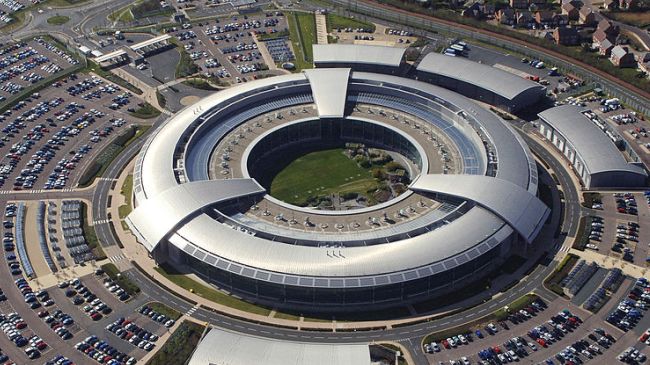‘UK defense of snooping unconvincing’

A former chief surveillance inspector has criticized as “unconvincing” the arguments made by the British government in defense of London’s mass surveillance operations against citizens.
Sam Lincoln, the former head of the Office of Surveillance Commissioners (OSC), a tribunal non-departmental public body of the UK’s Home Office, made the remarks in an interview with the British daily The Guardian on Wednesday.
“The approach of ‘why are you challenging us, we are the good guys’ doesn’t wash … The ‘looking for a needle in a haystack’ argument has so far been unconvincing. I haven’t been convinced,” Lincoln said.
The criticism came one day after Charles Farr, the director of the Office for Security and Counter-Terrorism, claimed in a 48-page statement that the practice of monitoring searches on Google, Facebook, Twitter and YouTube, as well as emails to or from non-British citizens abroad, by British security services is permitted by the law because the communications’ US origins make them to be classified as “external.”
Under the Regulation of Investigatory Powers Act (RIPA), which regulates the surveillance powers of public bodies, the interception of “external” communications does not require an individual warrant in the UK.
However, Lincoln accused London of exploiting the loopholes in the UK legislation to monitor the internet.
The ex-OSC official also stated that reforms are needed to the law and to the watchdogs overseeing surveillance systems.
Farr’s statement was the first time that London admitted that it was intercepting the communications of British citizens without a permit.
Classified documents leaked by Snowden in June last year disclosed that Britain’s domestic spying apparatus, the Government Communications Headquarters (GCHQ), was secretly accessing the network of cables that carry the world’s phone calls and Internet traffic and was sharing the data with the US National Security Agency (NSA).
This led several civil liberties groups, including Amnesty International, to launch a legal action against the UK’s intelligence services over the violation of the privacy of people via online surveillance.







